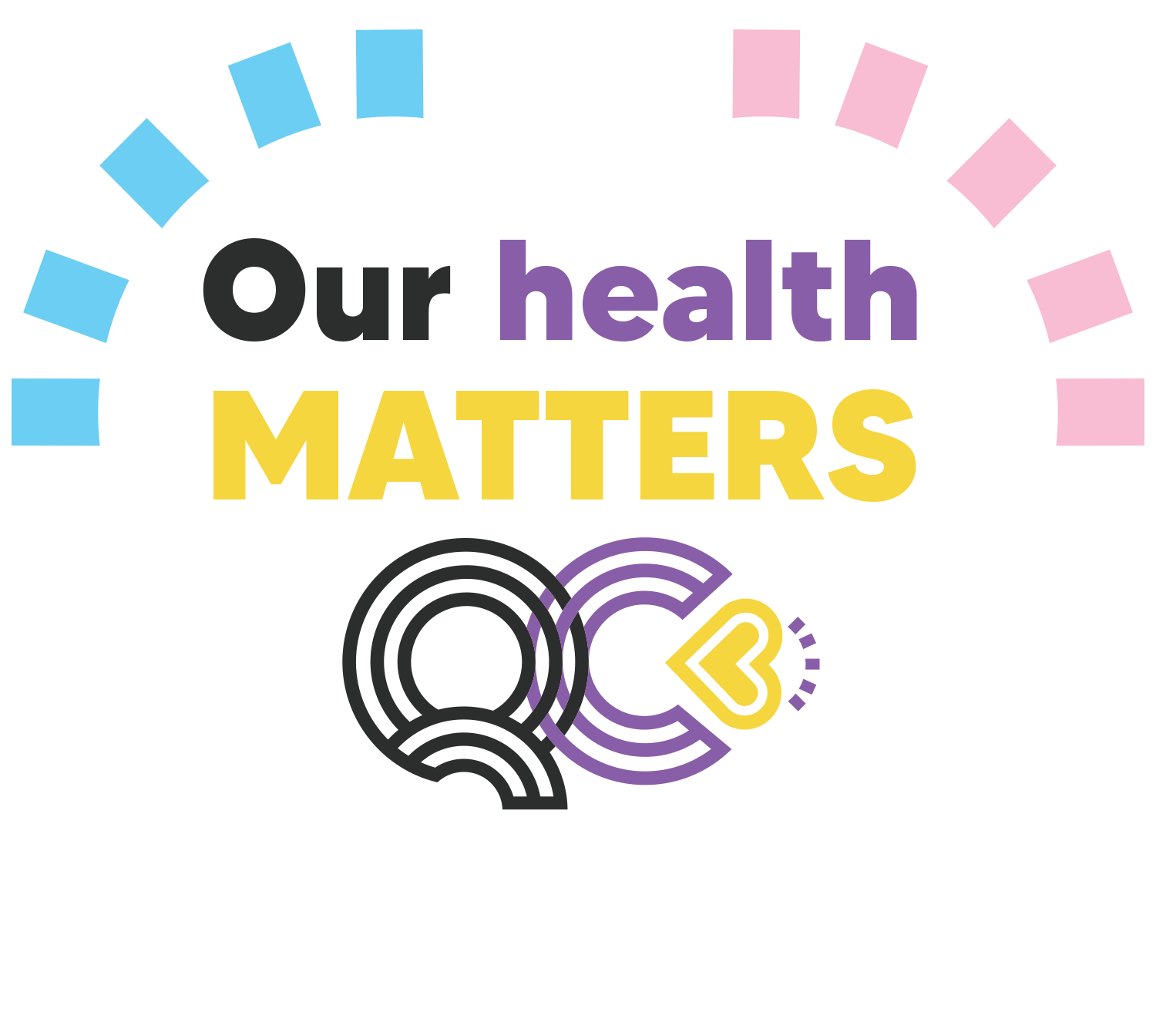
Respectful Relationships
We all have different ways of communicating, but respectful relationships are the same for all people. For Trans, Gender Diverse and Non-Binary people, there often aren’t many positive representations of respectful relationships on film, TV, the news or popular culture. Without positive cultural role models or local community role models, it is harder to feel sure about what a respectful relationship looks like. All of what has been talked about in this resource so far are things that should go into a respectful relationship. A relationship can’t be respectful if partners can’t communicate their boundaries and needs clearly, or this communication isn’t heard, valued or encouraged. In a respectful relationship everyone should feel cared for, important and safe. Respectful relationships involve ideas like mutuality and equity, not people using power and control over others. Power and control are not part of a healthy relationship. In fact, they are more likely indicators of abuse. The wheel below (from Room To Be Safe, 2014) makes easy to understand and clear distinctions between respectful and non-respectful relationships.
Although it may be hard to talk about violence within our communities, it is important to recognise the difference between respectful relationships, and violence and abuse. Sadly healthy relationships can deteriorate into an abusive ones. Where abuses or coercion
happens in a relationship, it will often start or increase at points of significant change that might make an abusive person feel they are losing power and control. For Trans, Gender Diverse and Non-Binary folks these points of change might be starting to express new curiosity or exploration of gender, sharing or disclosing gender identity privately or publicly, taking steps to affirm gender identity and presentation either privately or publicly, starting to access gender affirming support, starting medication, or making legal changes and accessing surgery. Patterns of power and control that might start as little things can grow and lead to violence. Violence can affect anyone and there is help available

Research has highlighted that Trans, Gender Diverse and Non-Binary communities are as vulnerable to domestic violence as any other, and even more susceptible to family and sexual violence.
If you think you might be experiencing violence:
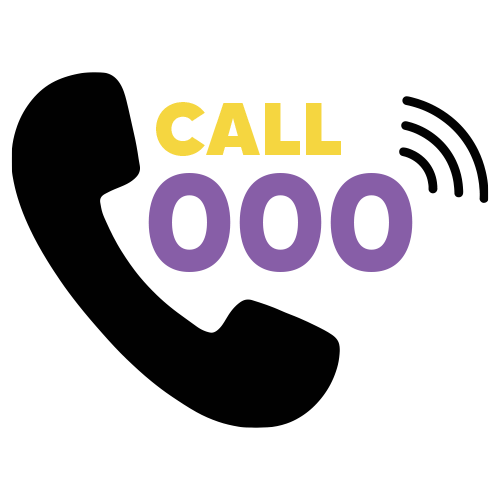
Call 000 in an Emergency
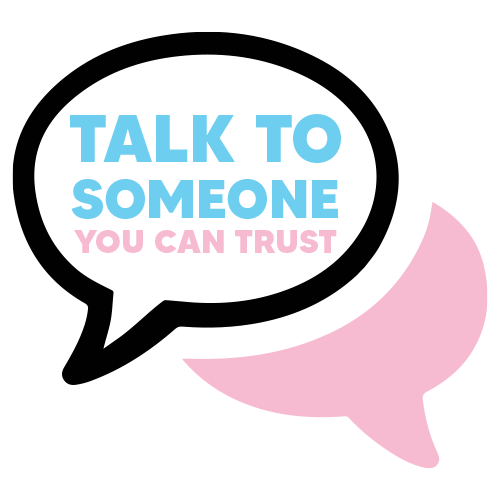
Talk to someone you trust
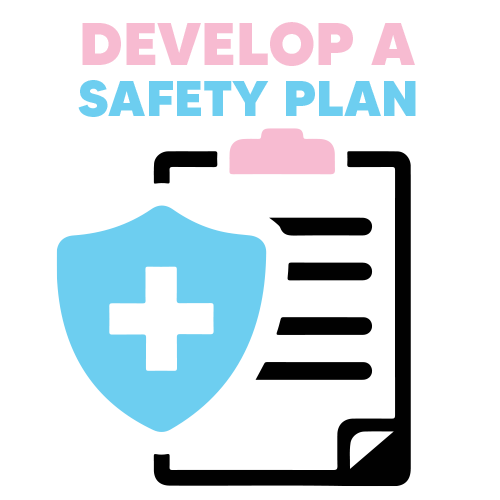
Develop a safety plan to protect yourself
For more info go to qld.gov.au & search safety plan
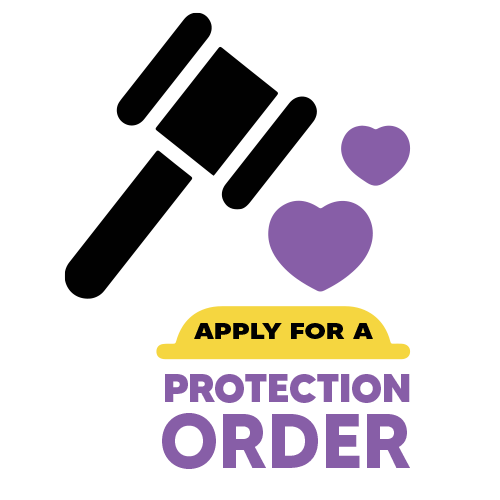
Apply for a Protection Order
If you are unsure about this, please call PoliceLink 13 14 44

Talk to a Counsellor
+
-
